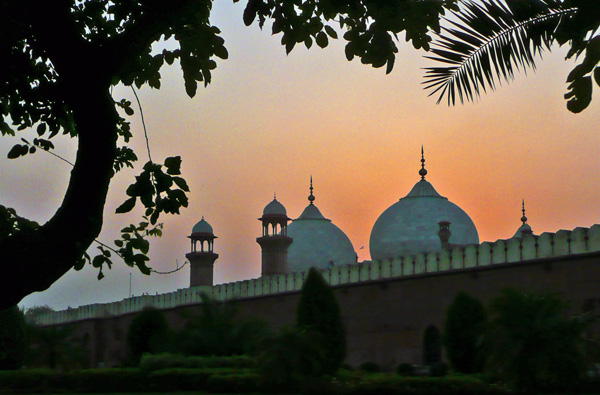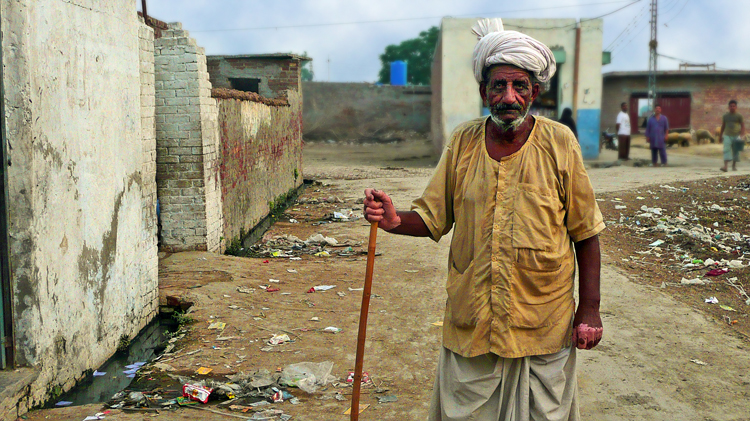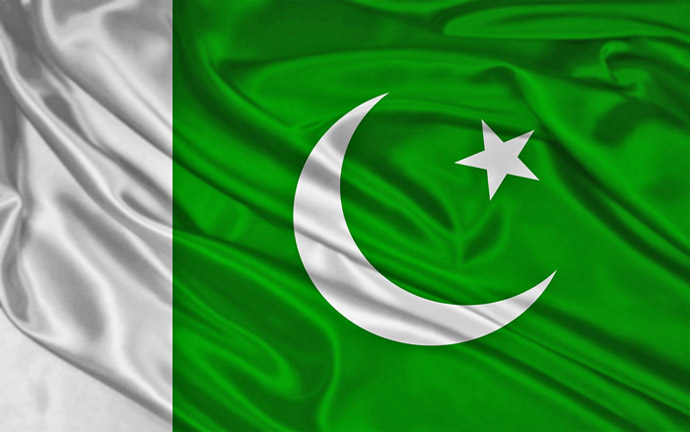
Pakistan (MNN) – Since November 6th, Pakistani demonstrators protested what they considered a blasphemous amendment to a parliamentary bill.
Government Caves to Protesters
After weeks of inciting violence and blocking the main road from Rawalpindi into the capital city of Islamabad, the protests ended on Monday following a negotiation between the Pakistani government and demonstrators.
FMI’s Bruce Allen shares: “As a result of the army brokered deal, the government has finally given into the demands of the protestors with Zahid Hamid resigning as the federal law minister since he oversaw the revision to the electoral oath.

A rural villager in Pakistan. (Photo Courtesy of FMI)
“While Hamid has tendered his resignation, he’s reminded citizens that the Elections Act 2017 had been prepared with the consensus of all parliamentary political parties. So, Pakistani society is on a knife’s edge right now and sectarian violence is increasing.”
The protests, led largely by the Tehreek-e-Labaik political party, have left over 250 people injured and two dead. However, now things seem to be calming down.
Revisions in Question
But what was it that incited the protests in the first place? A change of wording in the electoral oath individuals take when elected to office.
“The recent revision by the government [was] to the wording in the electoral oath that proclaims Muhammad to be the last prophet of Islam,” Allen explains. “The change was as simple as replacing the phrase, ‘I solemnly swear,’ about Muhammad, with ‘I believe.’ A change that, while [it] seems insignificant to Western ears, this political party says it amounts to blasphemy.”
Demonstrators believed this change to wording weakened the reference to Prophet Mohammad in oaths.
Pakistan’s government did attempt to avoid a crisis by waiting for the protests to die down rather than inflame them with immediate action. Things changed, though, after the government issued a deadline over the weekend for demonstrators to return home. Instead, the deadline went ignored and police had to use force to clear the streets. Like sparks from a fire, anti-government rallies began spreading across the country. Protesters were armed with batons, tear gas canisters, and gas masks.
Division in the Ranks

Pakistan Flag (Photo courtesy of FMI)
Furthermore, it seems Pakistan’s military leaders were not up for defending the government; they chose to broker the deal between the government and demonstrators rather than enforce the deadline to clear demonstrators from the streets.
“I do not believe, nor does the FMI Pakistan national director believe, that the overwhelming majority of these protesters even understood why they were rallying in the streets,” Allen shares. “They had simply been whipped into a frenzy by Muslim clerics.”
Since the protests, Pakistan’s stability has come into question. If Pakistanis can coerce the government to do what it wants, then there’s little reason to respect the country’s laws. This type of social atmosphere also leads to safety concerns for minorities in the country. Allen shares that it’s becoming clearer that Christians in Pakistan can expect an increase in religious persecution.
Pray
Please pray for the Gospel’s impact in Pakistan. FMI has seen more people come to Christ in the country during 2017 than in some past years combined. Ask God to continue this growth. Also, pray for Christians’ safety as Pakistanis become more hostile to non-Muslims. And finally, pray for peace in Pakistan.
